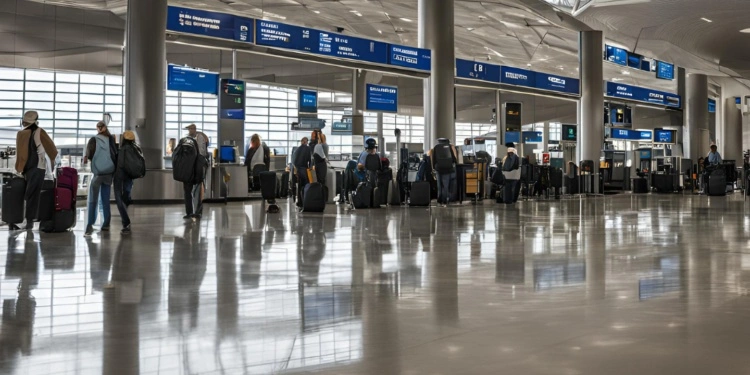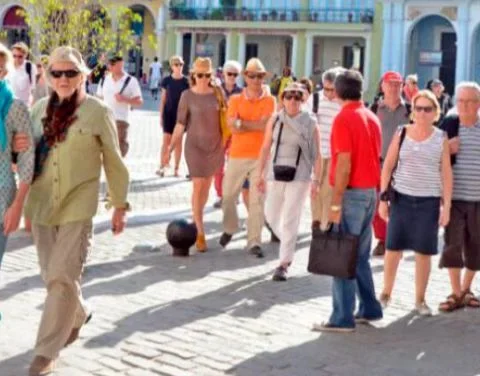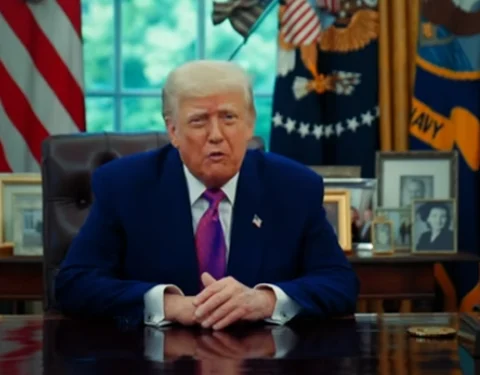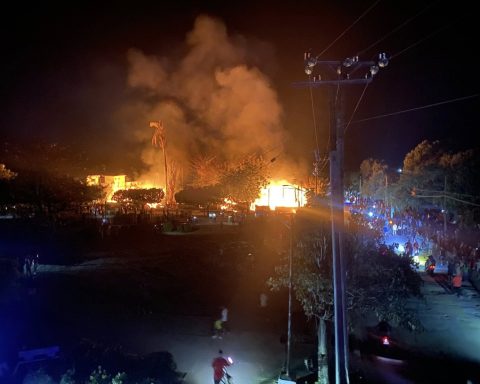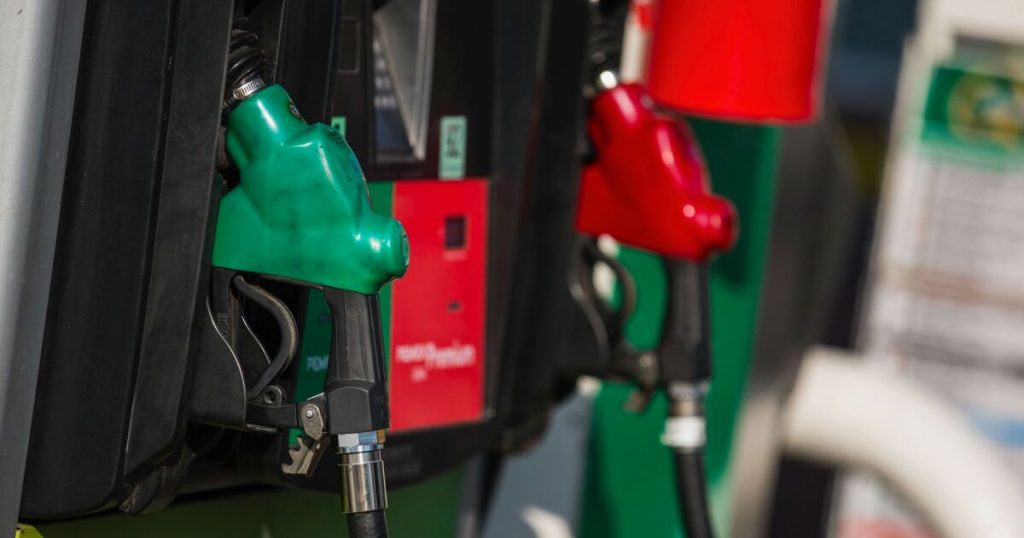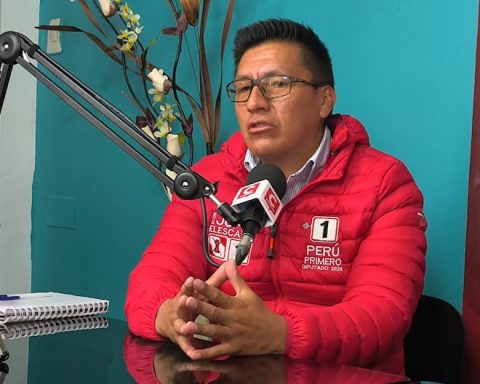SAN LUIS POTOSÍ, Mexico.- The Government of President Joe Biden announced this Friday that it will not renew the parole granted to immigrants from Cuba, Venezuela, Nicaragua and Haiti, when it expires two years after being granted.
According to a spokesperson for the Department of Homeland Security, Telemundo News, Those who have not acquired their legal status must leave the country or seek another immigration benefit, through the Citizenship and Immigration Services (USCIS) page.
The page USCIS official reported that there is no possibility of renewal and was emphatic about it: “The parole will automatically end at the end of the period of up to two years from the moment it is granted.”
“If you have already been granted parole to enter the United States, this will automatically end if: You leave the United States (without an Advance Parole Document before traveling outside the United States); or your parole period expires,” says the site.
He also adds that if abandon the country after the conclusion of the two years, the authorities may determine to expel him.
“We hope he leaves the country when his parole expires. If you remain in the United States after your parole expires, officials who meet you may refer you to ICE for immigration proceedings,” the site says.
Previously, a DHS spokesperson had explained to Univision News that “any discretionary grant of parole will be for a temporary period of up to two years.”
“Those who are not granted asylum or other immigration benefits will be required to leave the United States upon the expiration of their authorized period of parole or, generally, will be placed in deportation proceedings after the period of parole expires,” he detailed. the official to the aforementioned media.
In late August, DHS announced that Advance Travel Authorizations (ATA) were being reinstated for beneficiaries of the humanitarian paroleafter having been suspended on August 2 following the revelation of an internal report that exposed significant levels of fraud.
Following their reinstatement, a greater review of sponsors’ financial records and criminal records, an investigation to uncover profiles of fraudulent sponsors, and more rigorous review mechanisms to detect trends in serial applications were introduced.
Also added to the process was the registration of fingerprints of the sponsors in the United States and a background analysis of the possible beneficiaries.
A report from the Office of Customs and Border Control (CBP) indicated that as of August, more than 110,000 Cubans, 210,000 Haitians, almost 93,000 Nicaraguans and almost 117,000 Venezuelans have entered the United States under humanitarian parole.
In total, more than 2.6 million migrants from Haiti, Nicaragua, Venezuela and Cuba had requested entry to the United States through the program as of July.
